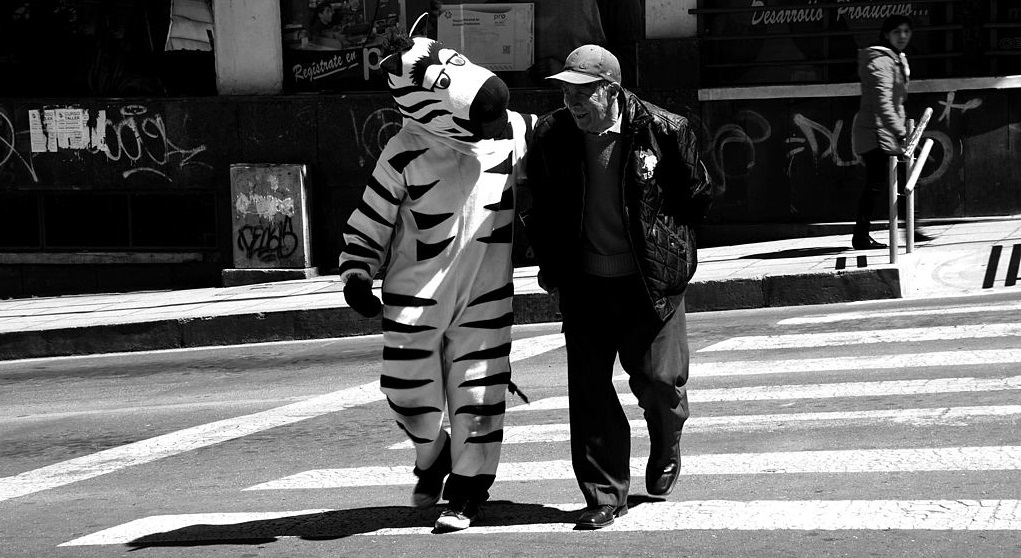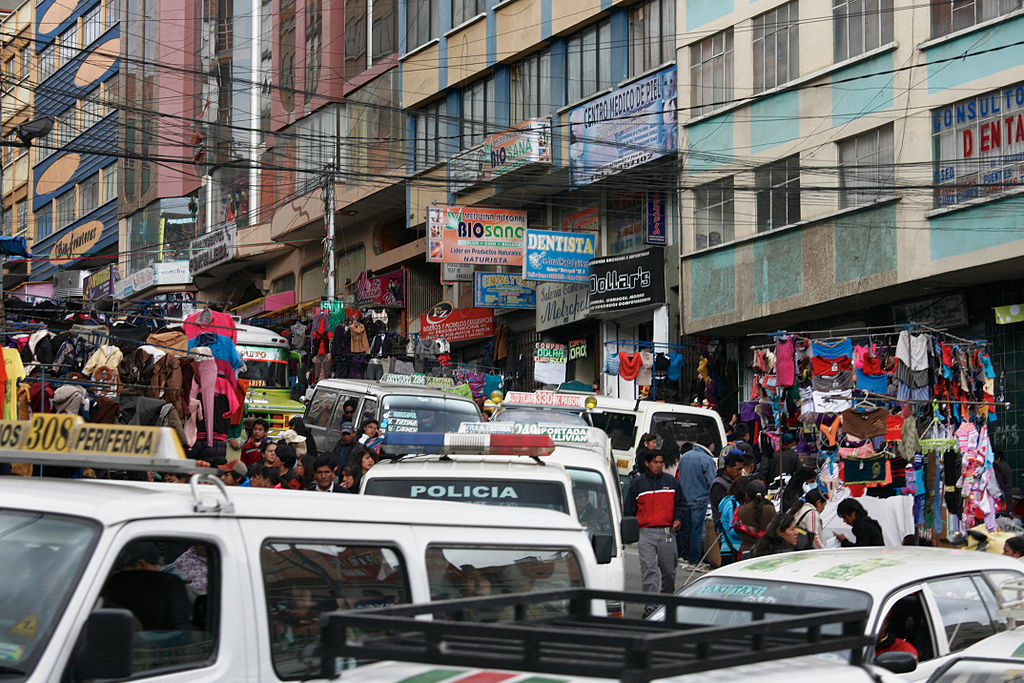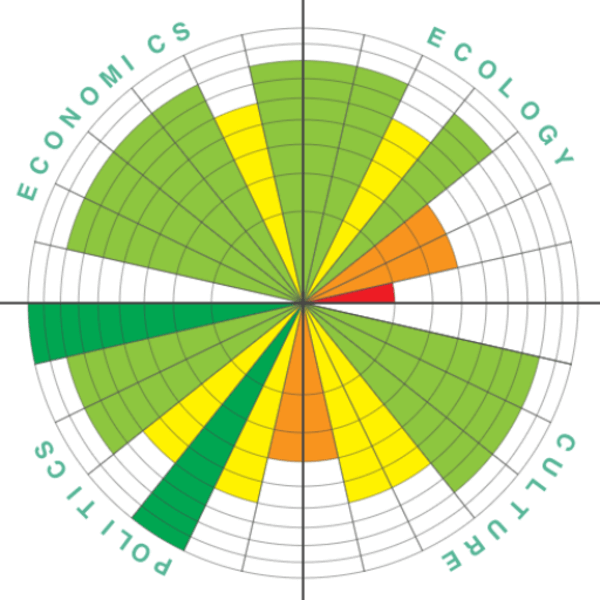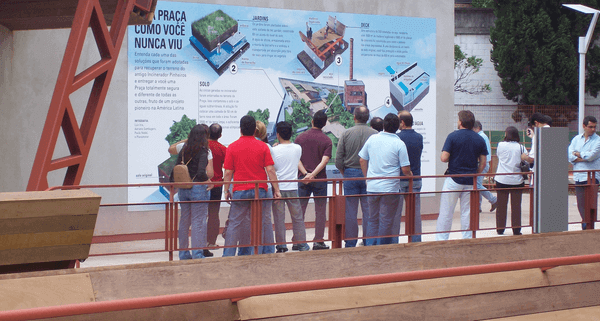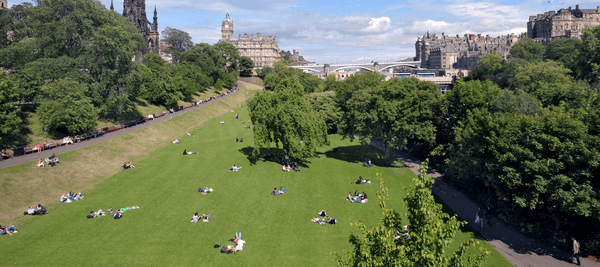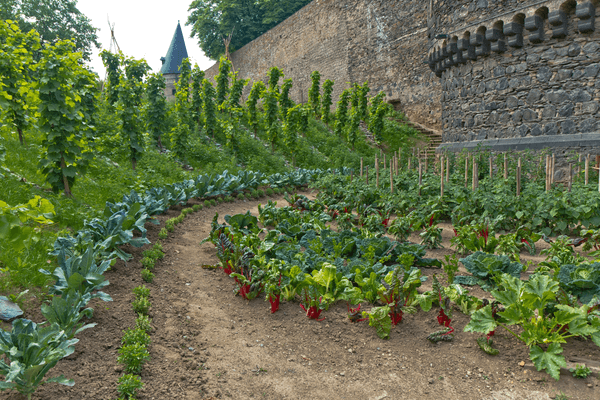City
La Paz
Main actors
City Government, Private Sector, Community / Citizen Group
Project area
Whole City/Administrative Region
Duration
Ongoing since 2001
In 2001, the City of La Paz launched the Zebra project as a citizen education programme involving at-risk youth between the ages of 16 and 22. Participants dress in Zebra costumes and masks and with a mixture of singing, dancing, and calisthenics assist pedestrians and guide motorists to obey the road rules and regulations. The programme aims to raise public awareness about road safety and to reduce the number of infractions committed by drivers and pedestrians alike (e.g. not respecting crossings, ignoring traffic lights and getting on and off public transport between stations). In exchange for their engagement as civic educators, participants are paid the minimum wage, provided with free health care benefits and have access to further education and professional mentorship.
Beginning with 24 participants, the project currently involves 300 zebras every year. To date, more than 3000 young citizens have taken part in the programme. Their presence on the roads is resulting in less traffic congestion and fewer accidents, and provides them with a unique opportunity to become active and responsible citizens with the incentive to overcome a number of personal challenges relating to drugs, delinquency and other illegal activities. The impact of this initiative has been mostly local but is now spreading to other cities across Bolivia as well as to other countries in Latin America. The transformational nature of the programme lies in its friendly and comic dimension and innovative manner of public engagement. Young people are given a meaningful role in society, which both empowers them and affords them with respect and dignity. They are provided with employment and educational opportunities and, as a result, many of the participants have continued their education and found jobs while some have pursued higher education qualifications (source: Technical Committee of the Guangzhou Award).
Guangzhou Award
This project was awarded the 'Guangzhou Award' in 2016.
External links / documents
On Map
The Map will be displayed after accepting cookie policy
